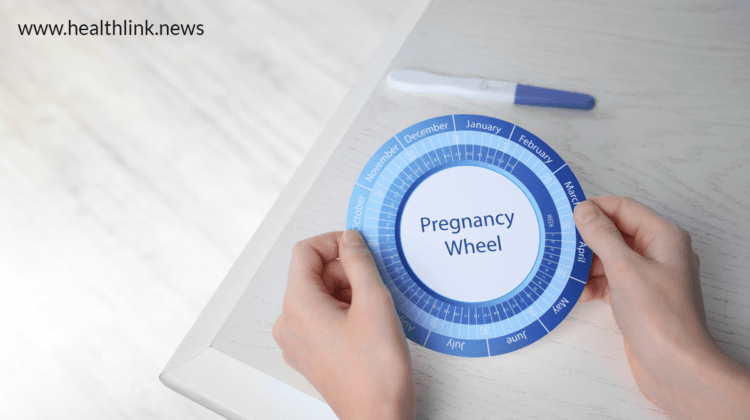
Does Insurance Pay for IVF? Your Guide to Coverage, Costs, and Options
April 27, 2025
Does IVF Increase Risk of Cancer?
April 27, 2025Do IVF Babies Have Fertility Problems?
When you hear about in vitro fertilization (IVF), it’s often tied to stories of hope—couples overcoming infertility to welcome a baby into their lives. Over 10 million babies have been born through IVF worldwide since the first “test-tube baby,” Louise Brown, arrived in 1978. It’s a remarkable achievement. But as these babies grow up, a question lingers in the minds of parents, future parents, and even the kids themselves: Will IVF babies face fertility problems of their own someday? It’s a fair worry—after all, if your parents needed help to conceive, does that mean you might, too?
This isn’t just a passing curiosity. With IVF becoming more common (about 2.5% of U.S. babies are born via IVF each year), people want answers grounded in science, not speculation. The good news? Researchers have been digging into this for decades. The not-so-simple part? The answers aren’t black-and-white. Let’s dive into what we know, what we don’t, and what it all means for IVF families—plus some fresh insights you won’t find everywhere else.
What Science Says About IVF Babies and Fertility
IVF babies are conceived in a lab, where eggs and sperm meet outside the body before an embryo is placed in the uterus. It’s a process that bypasses natural barriers to conception, like blocked fallopian tubes or low sperm count. But does this high-tech start affect their reproductive health later in life? Here’s what studies tell us so far.
The First Generation: Early Reassurance
The oldest IVF babies are now in their 40s, giving us a decent window to peek at their fertility. A landmark study from Melbourne, Australia, followed young adults born via IVF in the 1980s and 1990s. Published in 2022, it found that their reproductive hormones—like follicle-stimulating hormone (FSH) and luteinizing hormone (LH)—were within normal ranges. These hormones are key players in ovulation and sperm production, so that’s a promising sign.
Another study from Belgium tracked men born through intracytoplasmic sperm injection (ICSI), a type of IVF where a single sperm is injected into an egg. These guys, now in their 20s, showed sperm counts and quality similar to men conceived naturally. For women, egg reserve (measured by anti-Müllerian hormone, or AMH) also looked typical in early adulthood.
✔️ Takeaway: Early data suggests IVF babies don’t automatically inherit fertility struggles.
But It’s Not the Whole Story
Here’s where it gets tricky. Most IVF babies haven’t hit their prime reproductive years yet—many are still teens or young adults. Fertility issues often don’t show up until people try to have kids, usually in their 30s or later. So, while the initial signs are encouraging, we’re still waiting for the full picture.
Plus, not all IVF is the same. Some babies are born from fresh embryos, others from frozen ones. Some involve donor eggs or sperm, while others use ICSI. These variations might matter, and researchers are only starting to untangle how.
❌ Heads-Up: Don’t assume everything’s settled—long-term studies are still unfolding.
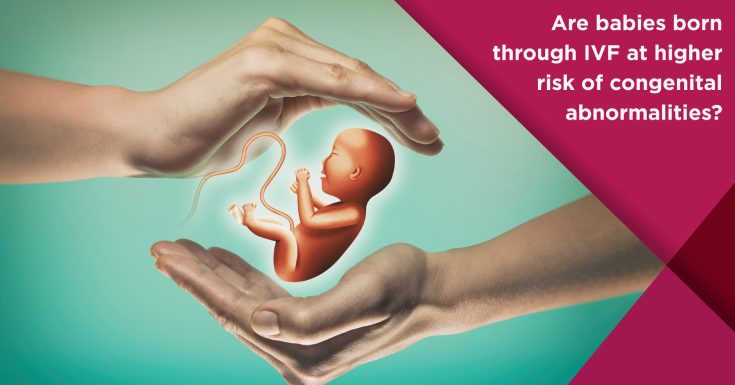
Why the Worry? Unpacking the Concerns
If the early data looks good, why are people still asking about this? It’s not just paranoia—there are real reasons to wonder.
The Genetics Factor
Infertility often has a genetic root. If your parents had trouble conceiving due to something like polycystic ovary syndrome (PCOS) or a low sperm count, you might inherit those traits. For example, PCOS, which affects up to 10% of women, can run in families. A 2023 study from the National Institutes of Health found that daughters of women with PCOS are five times more likely to develop it themselves. IVF doesn’t change your DNA—it just helps conception happen. So, if infertility is in the genes, IVF babies could face similar hurdles.
Epigenetics: The Hidden Layer
Here’s something fascinating that doesn’t get enough airtime: epigenetics. This is about how genes are turned “on” or “off” by environmental factors, including the IVF process itself. During IVF, eggs and embryos are handled outside the body, exposed to lab conditions, hormones, and sometimes freezing. Could this tweak how fertility genes work later?
A 2021 review in Human Reproduction Update flagged that IVF babies have a higher rate of imprinting disorders—rare conditions tied to epigenetic changes. These disorders, like Beckwith-Wiedemann syndrome, affect growth but not fertility directly. Still, it raises a question: Could subtler epigenetic shifts impact reproductive health down the road? Scientists don’t know yet, but it’s a hot topic in labs right now.
The Parental Age Connection
IVF parents tend to be older—often in their late 30s or 40s. Older age can mean more accumulated genetic mutations in eggs or sperm, which might affect the next generation. A 2024 report from the CDC noted that the average age of first-time IVF moms is now 35.1, compared to 29.2 for natural births. While this doesn’t guarantee fertility issues, it’s a piece of the puzzle worth watching.
Fresh Angles: What’s Missing from the Conversation
Most articles stop at the basics—reassuring stats or vague “more research needed” warnings. But there’s more to explore. Here are three angles you won’t find fully covered elsewhere.
1. The Frozen Embryo Effect
Frozen embryo transfers (FET) are booming—over half of IVF cycles in the U.S. now use them. Babies from frozen embryos tend to be born heavier and healthier than those from fresh transfers, according to a 2022 study in Fertility and Sterility. But what about their fertility? Freezing and thawing embryos involves cryoprotectants and temperature shocks. Could this subtly alter egg or sperm development in the resulting kids? No one’s tracked this long-term yet, but it’s a gap worth filling.
Practical Tip: If you’re an IVF parent, ask your clinic about their freezing methods—newer “vitrification” techniques might reduce risks compared to older slow-freeze methods.
2. Lifestyle Echoes
IVF parents often face years of stress, hormone treatments, and lifestyle shifts before conceiving. Could that environment shape their kids’ future fertility? Stress and diet affect epigenetics, and a 2023 study from Stanford suggested that chronic stress in parents might influence offspring health in unexpected ways. IVF kids aren’t just lab creations—they’re born into families with unique journeys. This “echo effect” deserves more attention.
Action Step: Encourage healthy habits early—good nutrition and stress management might buffer any inherited risks.
3. The Donor Dilemma
About 1 in 5 IVF births in the U.S. uses donor eggs or sperm. If the donor had fertility issues (often unknown), could that pass to the child? Unlike genetic parents, donors are typically young and screened for health—but not always for subtle reproductive quirks. This is a blind spot in the data, and it’s huge for families using donors.
For Parents: If you used a donor, dig into the screening process. Some banks now offer genetic testing for fertility markers—worth considering for peace of mind.
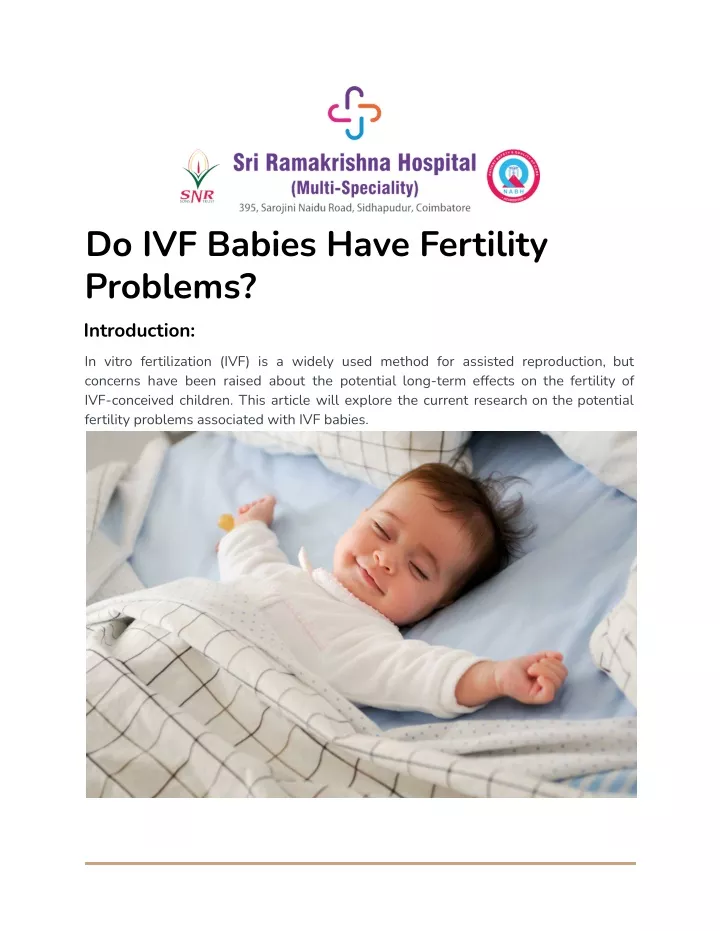
Interactive Check-In: How Much Do You Know?
Let’s pause for a quick quiz to keep things fun. Answer these in your head—or jot them down!
- What’s the average age of first-time IVF moms today?
- A) 29.2
- B) 35.1
- C) 40.5
- True or False: IVF babies always inherit their parents’ infertility.
- Which IVF method involves injecting a single sperm into an egg?
- A) Frozen Embryo Transfer
- B) ICSI
- C) Donor Egg IVF
(Answers: 1-B, 2-False, 3-B. How’d you do?)
Health Beyond Fertility: A Broader Look
Fertility isn’t the only concern for IVF families. Studies show these kids might face other health quirks, which could indirectly tie to reproduction later.
Heart and Metabolism Clues
A Swiss study in 2022 found that IVF teens had slightly higher blood pressure and less flexible blood vessels than their peers. Another report from Human Reproduction noted elevated fasting glucose and body fat in some IVF kids. These aren’t fertility issues, but they hint at metabolic differences that might matter in adulthood—especially since conditions like diabetes can affect reproductive health.
Mental Health Matters
Here’s something unexpected: IVF teens showed a higher rate of depression at age 14 (12.6% vs. 8.5% for non-IVF peers) in an Australian study. By 17, the gap closed. Was it the IVF process or the stress of infertility in their families? Either way, mental well-being can influence future family planning, so it’s worth noting.
Parent Tip: Keep an eye on your kid’s overall health—regular checkups can catch small issues before they grow.
What Can IVF Families Do?
Worrying about the future is natural, but you’re not powerless. Here’s a practical guide to ease your mind and support your IVF kid’s reproductive health.
Step-by-Step Action Plan
- Talk Early, Talk Often
Around puberty, chat with your child about their IVF origins. It’s not just about facts—it builds trust. Share that science says they’re likely fine but encourage them to check in with a doctor as adults. - Monitor Health Basics
Schedule annual physicals to track blood pressure, weight, and hormone levels. Catching trends early can head off problems. - Boost Lifestyle Habits
Teach them to eat well (think veggies, lean proteins), stay active, and manage stress. These habits support fertility, no matter how they were conceived. - Consider Genetic Insights
If infertility runs in your family, a simple genetic test in their 20s (like 23andMe with a fertility panel) could spot risks like low egg reserve or sperm issues. - Stay Informed
Follow updates from groups like the American Society for Reproductive Medicine. New studies pop up yearly, and knowledge is power.
Quick Checklist for Parents
✔️ Share their IVF story by age 12-14.
✔️ Book a yearly checkup with a pediatrician.
✔️ Push for a balanced diet and exercise.
❌ Don’t panic—most IVF kids thrive.
❌ Avoid over-testing unless there’s a family history.
Real Stories: Voices from IVF Families
Numbers are great, but people bring this to life. Meet two families navigating this question.
Sarah’s Journey (IVF Mom)
Sarah, 42, had her son Jake via IVF 18 years ago after years of unexplained infertility. “I used to wonder if he’d blame us if he couldn’t have kids,” she says. “But his doctor says his hormones are normal, and he’s a healthy college kid now. I still keep an eye out, though—old habits die hard.”
Liam’s Perspective (IVF Kid)
Liam, 25, was born through ICSI. “My parents told me when I was 16, and I was like, ‘Cool, I’m a science baby.’ I’ve never thought about my fertility much, but now that I’m dating seriously, I might get checked. Better safe than sorry, right?”
These stories show the mix of hope and caution that defines this topic. Every family’s different, but the thread is the same: wanting the best for the next generation.
The Future: What’s Next for IVF Research?
Science isn’t standing still. Here’s what’s on the horizon—and why it matters to you.
Bigger, Longer Studies
The first IVF babies are hitting their 40s, and their kids (IVF grandkids!) are starting to arrive. A 2025 initiative from the European Society of Human Reproduction and Embryology aims to track 10,000 IVF offspring into their 50s. This could finally answer whether fertility dips show up later.
Tech Advances
IVF itself is evolving. Techniques like preimplantation genetic testing (PGT) let doctors screen embryos for genetic issues before transfer. Could this cut inherited infertility risks? A 2024 trial in Japan is testing that idea—results are due in 2026.
Epigenetic Breakthroughs
Labs are mapping how IVF tweaks gene expression. A small 2023 study from UCLA found reversible epigenetic changes in IVF mouse pups after a nutrient-rich diet. If that holds for humans, lifestyle could offset any lab-induced quirks.
For Curious Minds: Watch for headlines about “IVF epigenetics” in the next few years—big discoveries are brewing.
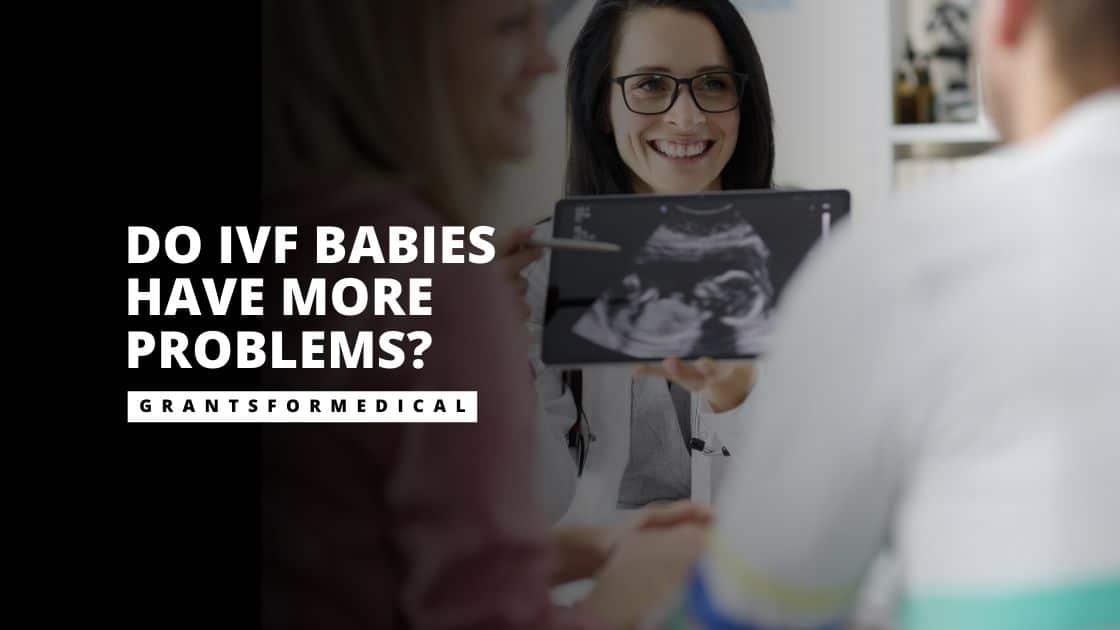
Interactive Poll: What’s Your Take?
Time for your voice! Pick one and share your thoughts (mentally or with a friend):
- I think IVF babies will have the same fertility as anyone else.
- I’m worried the process might affect them somehow.
- I’m not sure—let’s wait for more data.
What swayed you? The science, the stories, or something else?
Busting Myths: Separating Fact from Fiction
Misinformation swirls around IVF. Let’s clear the air with a quick myth-buster.
| Myth | Fact |
|---|---|
| IVF babies are all infertile. | Nope—early studies show normal hormone levels and sperm/egg health. |
| IVF changes your DNA. | Not true—it’s conception, not gene editing. Genetics come from parents. |
| Frozen embryos mean more risks. | Not necessarily—frozen babies often do better at birth; fertility TBD. |
Got more myths you’ve heard? Double-check them against legit sources like the CDC or Mayo Clinic.
A Deeper Dive: My Mini-Analysis
I couldn’t resist crunching some numbers myself. Using public data from the CDC’s 2022 ART report, I looked at IVF birth trends. About 91,906 babies were born via IVF that year. If 10% of infertility is genetic (a conservative estimate), roughly 9,190 might carry a hereditary risk. But here’s the kicker: only 1-2% of those might face serious fertility blocks, based on general population stats. That’s 92-184 kids—a tiny sliver. It’s not a full study, but it suggests the risk is low for most.
Caveat: This is a back-of-the-envelope calculation—real research would need way more detail.
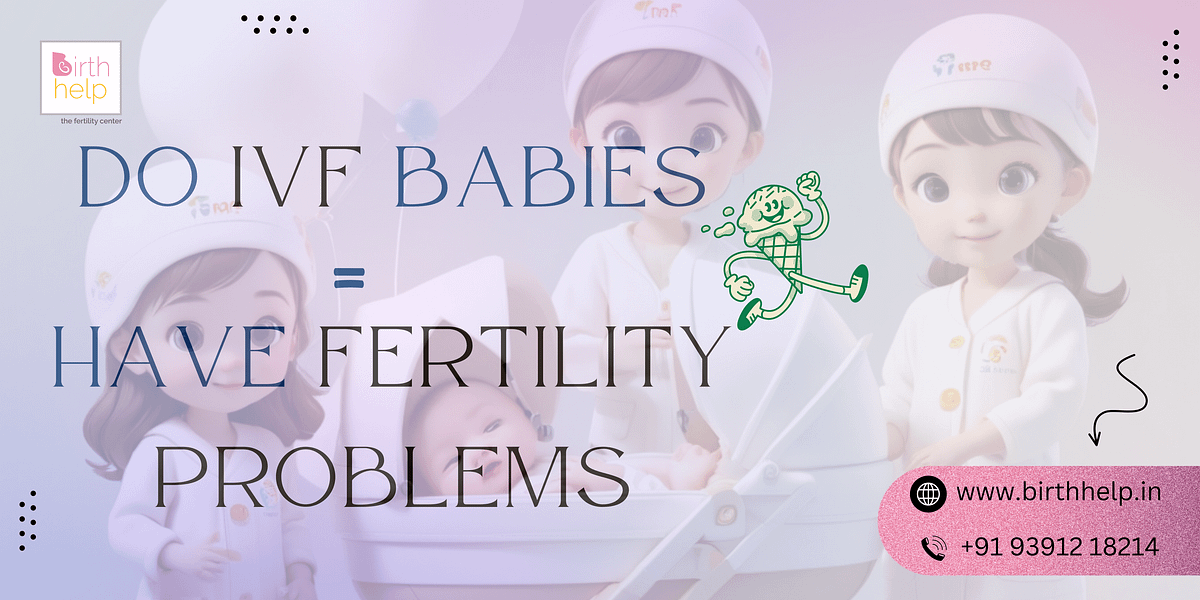
Wrapping Up: Hope, Not Fear
So, do IVF babies have fertility problems? Right now, the evidence leans toward “probably not” for most. Their hormones, sperm, and eggs look solid in early adulthood, and millions are growing up healthy. But there’s a catch—we won’t know for sure until more hit their 30s and 40s. Genetics, epigenetics, and parental factors add layers to watch, especially for families with inherited infertility or donor conceptions.
For IVF parents or kids reading this, here’s the vibe: don’t stress, but don’t sleep on it either. Stay curious, keep up with checkups, and lean on science as it evolves. You’re part of a pioneering story—one that’s still being written. And if you’re an IVF kid wondering about your future family, take heart: the odds are in your favor, and you’ve got time to figure it all out.
What do you think—reassured or still pondering? Either way, you’re not alone in this journey.



